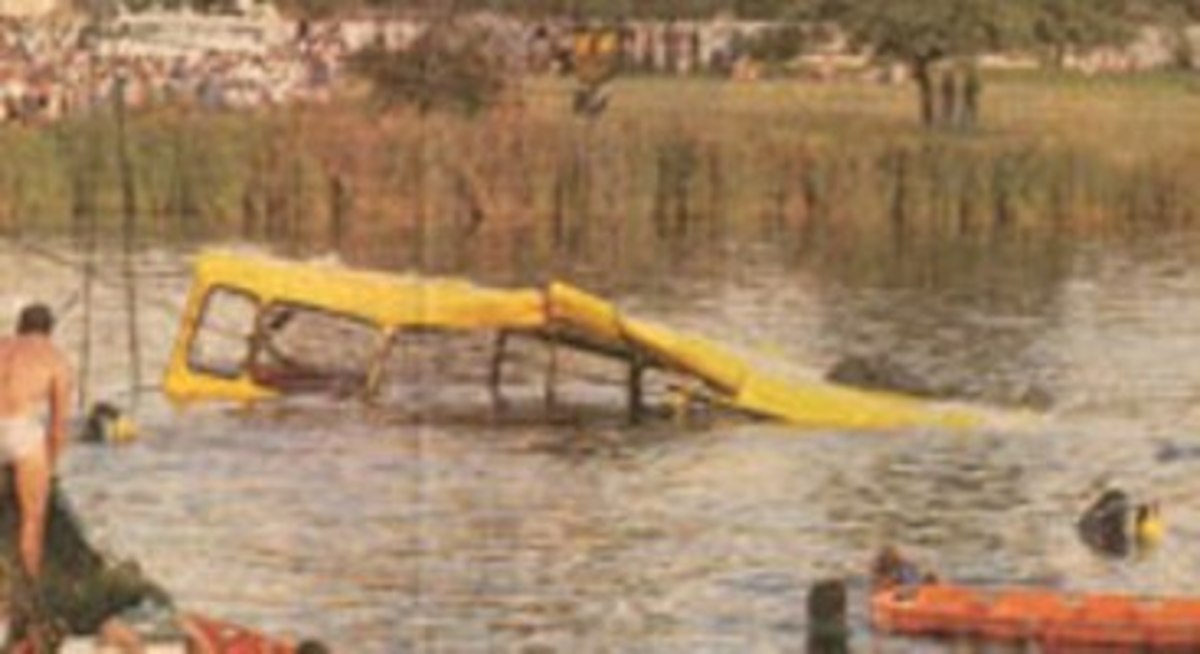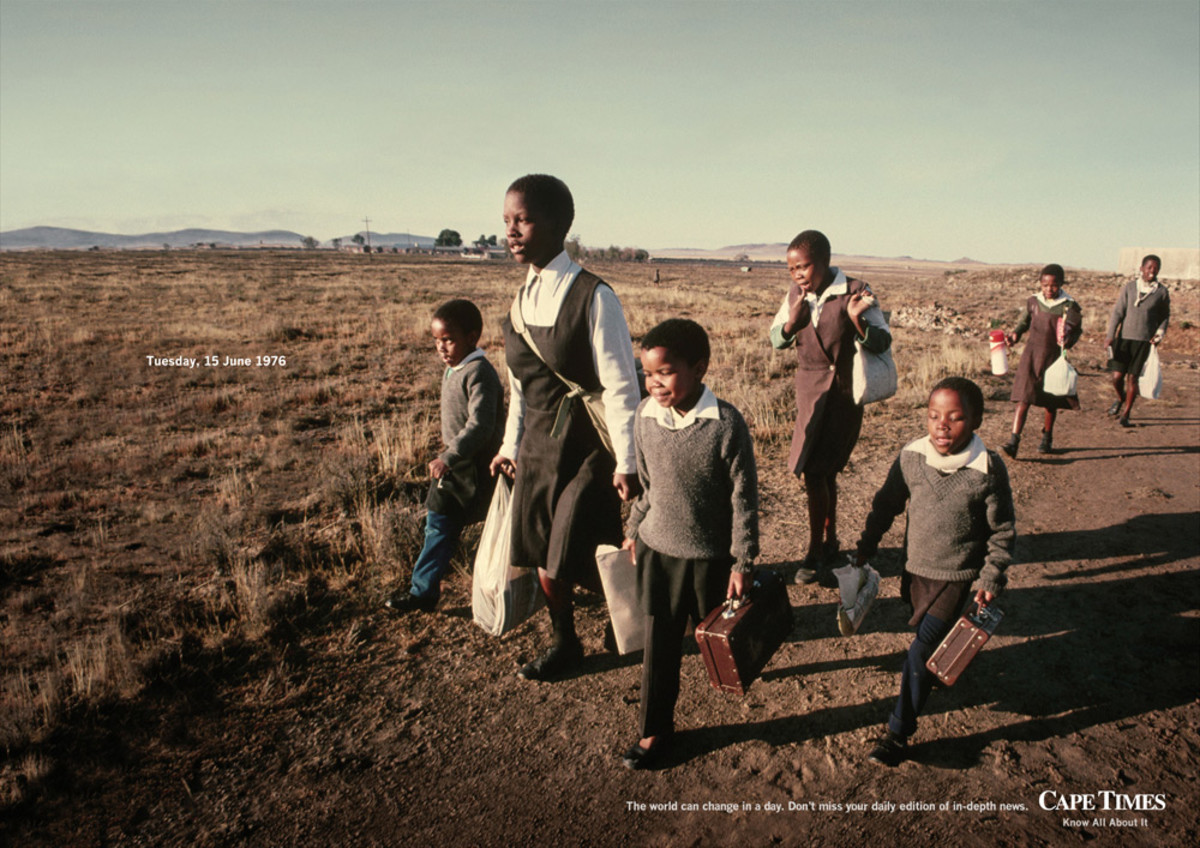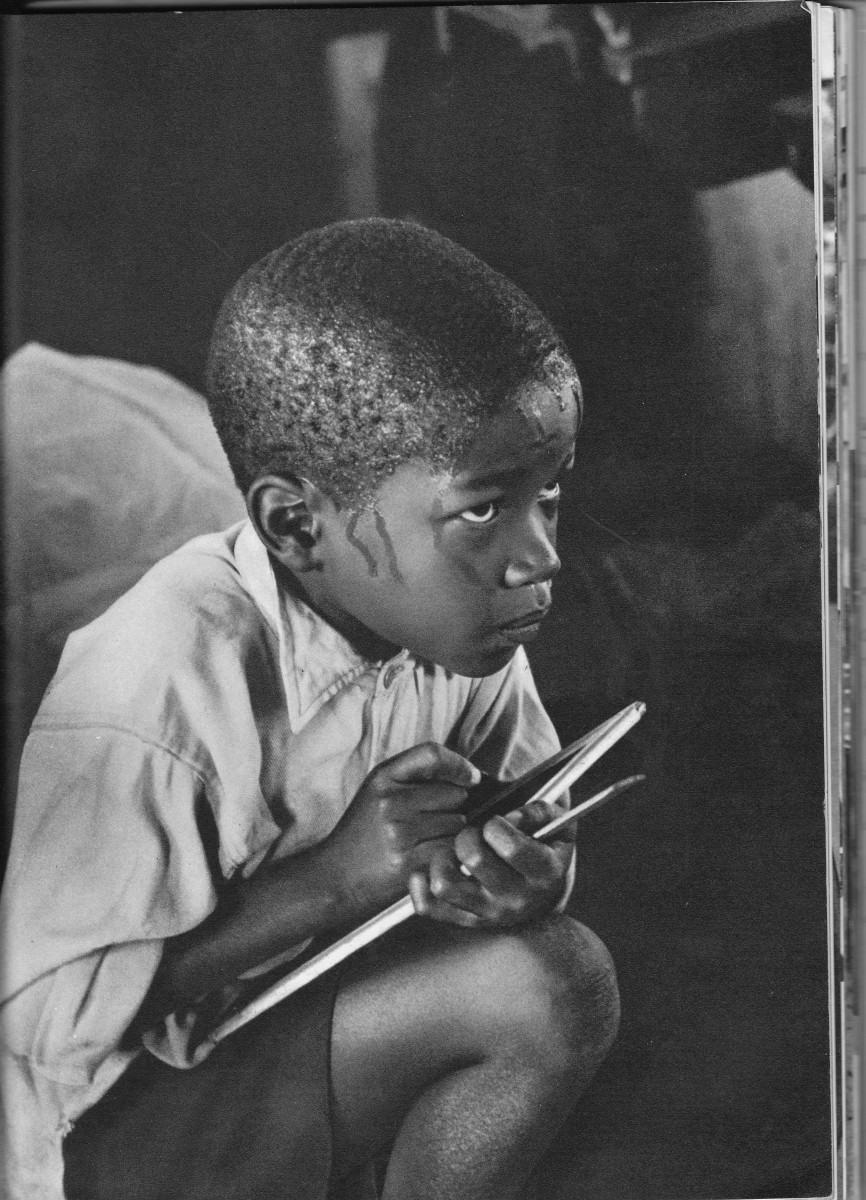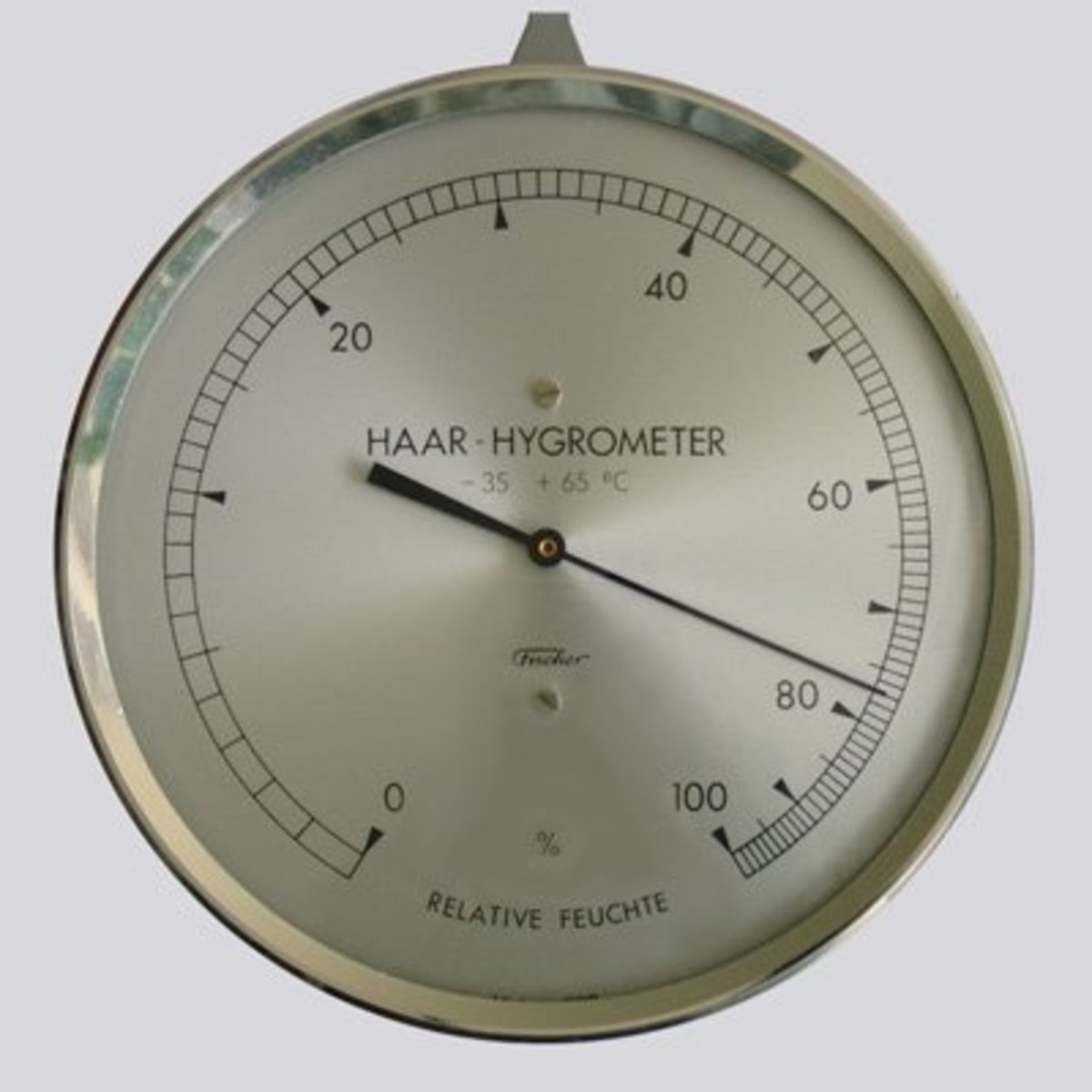Education in South Africa – matric or bust?
What education?
“Students study to pass, not to know – they do pass and they don't know.” I'm not sure who said that but it fits for me – in most education systems there is far too much emphasis on passing exams and far too little on actually learning.
These thought come up for me every year at about this time (early January) as we go through the blame game and the finger pointing after the almost always dismal “matric” exam results come out.
In South Africa at the end of Grade 12 all learners who have survived the 12 years of schooling face their final hurdle – an externally-set examination which sifts those who have, during the 12 years, learned how to write exams from those who didn't.
South Africa, since the advent of democracy in 1994, has spent millions of rands on developing a new, outcomes-based curriculum. The national budget allocates proportionately more on education than almost any other country in the world. School attendance has risen dramatically in the past few years. Vast resources are spent on upgrading the skills of teachers.
And yet – every year fewer learners pass the dreaded matric, and every year there is a witch hunt, a desperate search for scapegoats to carry the blame for the dismal performance.
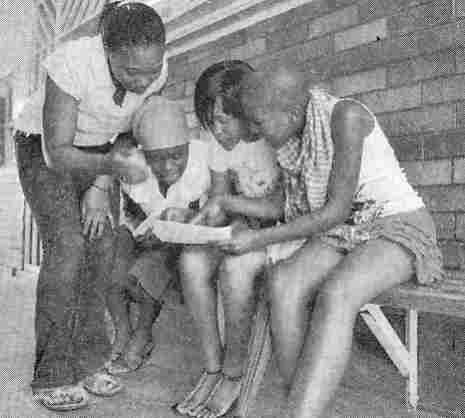
Why the matric exam?
The problem with this is that the matric exam plays a major role in university entrance as well as in the job market. So the impression is that if you don't get a good matric pass, you don't have much of a future – you can't get into university and any employer will pass you over for someone who has a better matric.
There is such pressure on learners at the end of each year as the matric exams loom that many commit suicide rather than risk failure. Others simply drop out of school altogether out of a sense of hopelessness.
Of course there are two deadly fallacies that play themselves out here:
There is the assumption that the matric exam results reflect accurately the learner's ability. As I alluded to above, what it reflects is the learner's ability to write an exam, not necessarily what the learner can do or what the learner knows.
There is an assumption that a university education is a good thing for everyone. That somehow having a degree confers some special aura, some special abilities, on the person lucky enough to have one.
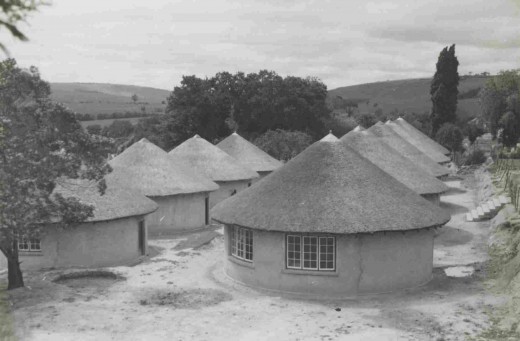
OBE Curriculum not the cause of poor education
To properly put an OBE curriculum in place requires that the teachers should be specially trained and have all the resources needed to facilitate such learning. And the emphasis should be on learning and not on teaching.
What I mean about resources is that all schools should have, for example, a decent library. How do you get children to love reading and books if their school does not have a library? In South Africa currently almost 80% of schools have no library.
This is a legacy of the apartheid past, but there is absolutely no reason why it should remain the situation.
When my father Murray McGregor was appointed Headmaster at Blythswood Institution in the former Transkei just before World War II he set about, with his usual energy, building up the library of the school, buying books when the funds were available, begging from publishers and book sellers when there were no funds, and raising funds for books in any way he could.
By the time Bantu Education took over the school in 1955 it had a fine library stocked with hundreds of books looked after by library monitors and well-used by the learners.
Soon after Bantu Education took over a new Headmaster was appointed (my father had been put in charge of the whole institution) who, as a good Nationalist Party member, did not believe that blacks had any need for books. After all, the “architect of apartheid”, Dr H.F. Verwoerd, had said in Parliament the year before: “Until now he (the black man) has been subjected to a school system which drew him away from his own community and mislead him by showing him the green pastures of European society in which he was not allowed to graze.”
So the new Headmaster, to ensure that none of the learners got to see any of the “green pastures” in which they were “not allowed to graze,” had a large hole dug and all the books of the school library were thrown into the pit and buried.
Now one of the criticisms of education is South Africa, a criticism often blamed on the OBE curriculum, is that learners at the end of their schooling cannot read. How on earth can people be expected to appreciate the joys of reading when there is precious little for them to read.
The Equal Education home page
- Home
Equal Education | Quality education for all!
Equal Education - a right for all?
An NGO in South Africa called Equal Education is running a campaign to increase the number and quality of school libraries. I believe that every school should have a well-stocked and well-run library. It is a basic right for all to get a decent education, which includes having access to all that books and reading can offer.
The depressing realities of this situation in South Africa are highlighted on on the NGO's website:
Only 7% of public schools in South Africa have functional libraries of any kind. (Department of Education’s 2007 NEIMS Report.)
These 7% of public schools that have libraries are the former model-C schools who are able to establish libraries and employ librarians through their own funds, collected through fees.
Since 1997 the DoE has produced 6 drafts of a national school libraries policy. None have been adopted as official policy.
The DoE offers no specialists school librarian posts. All posts are for teachers, and most schools cannot spare a teacher to run the library because of high learner:teacher ratios.
The DoE closed its School Libraries Unit in 2002.
In November 2008 the DoE published for comment ‘National Minimum Uniform Norms and Standards for School Infrastructure’ which, in tables 15 and 18 states that every large primary school and every large secondary school should have a library of 80m2. The regulations still remain unconfirmed by the Minister and therefore are of no assistance to teachers, learners or education planners. - http://www.equaleducation.org.za/
These facts highlight another horrible anomaly in South African education. Schools in former white areas, the so-called “Model-C schools”, are able to charge school fees and supplement teachers' salaries and buy extra resources with the monies thus raised. Schools in black urban areas and in the rural areas have to make do with the little finding they receive from the DoE, and with the quality of teachers attracted by the Department's salary scales.
I believe that this situation should be changed urgently. No school should be able to offer higher quality education simply because the parents of the learners are able to afford more. This simply entrenches the divide created by apartheid. We will never have anything approaching an equitable and just society while the divisions are maintained in this way.
For example, in 2006 a standard literacy test was conducted in all schools in the Western Cape. Model-C school learners achieved an 82.9% pass rate while in former coloured (mixed-race, in the old classification system) schools the rate was 26.6% and in black schools 3.7%. This is shocking in a country in which we are struggling to eradicate racism and entrench democracy.
The head of Equal Education's Campaign Department, Lukhanyo Mangona, published an excellent article in the Pretoria News of 6 January in which he made a passionate plea for government to rethink its priorities in education in order to provide more libraries so an to encourage a culture of reading. As he points out, “Education is a right.” But it a right that not many can access due to the unequal distribution of educational resources.
Copyright Notice
The text and all images on this page, unless otherwise indicated, are by Tony McGregor who hereby asserts his copyright on the material. Should you wish to use any of the text or images feel free to do so with proper attribution and, if possible, a link back to this page. Thank you.
© Tony McGregor 2009

